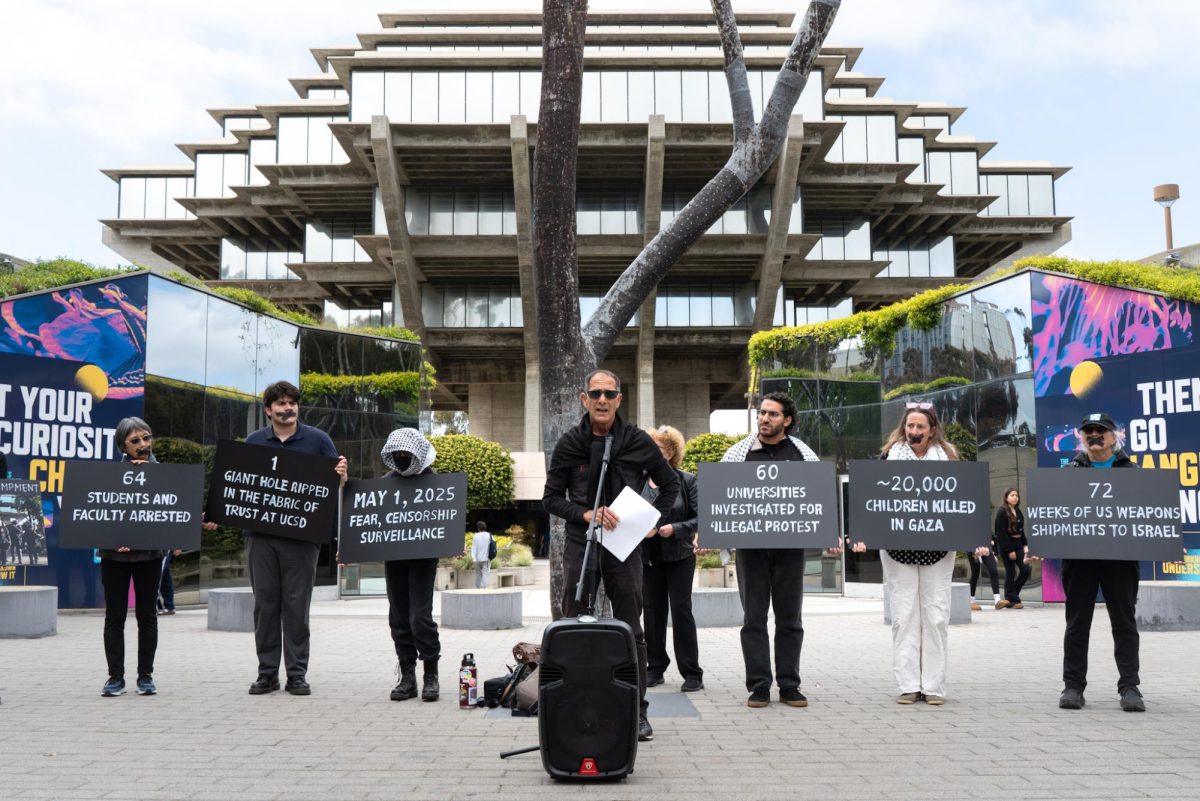A new study shows sleep deprivation in humans can reduce the effects of clinical depression. The study suggests that there may be an upside to the overworked, under-rested lifestyle so common among college students.
Clinical depression is a medical condition that affects nearly 6 percent of the U.S. population. Symptoms include a decrease in self-esteem, liveliness and the ability to carry out daily tasks.
According to various cases — analyzed in more than 75 papers over the last 40 years, if a victim of depression stays up all night, or even just half the night, symptoms of depression tend to disappear for the rest of the day.
In particular, mothers who have forgone a day of sleep have reported that the symptoms of postpartum depression — a common condition that develops during the first few months after childbirth — are diminished.
The late UCSD professor J. Christian Gillin used brain-imaging technology to search for the sleep-depression link.
By studying brain scans of patients before and after being deprived of sleep, he found that an area of the brain in the cerebral cortex called the anterior cingulate cortex was overactive in depressed patients. After being deprived of sleep, however, the patients demonstrated normal levels of activity in the ACC.
Helen Mayberg, a researcher at Emory University, furthered Gillin’s research by electronically stimulating the anterior cingulate cortex in a group of patients. When the patients were sleeping, the stimulation interrupts normal brain activity by disconnecting the cortex from the sensory input. This reduced the symptoms of depression among test subjects.
Electrical stimulation may provide those patients with the treatment they need.
“For some people, the benefits are miraculous,” Sejnowski said.
According to Gillin, sleep deprivation is relatively safe. It’s side effects are similar to those of other antidepressant treatments, like medication or bright light. However, more major risks of overnight sleep deprivation are mania in bipolar patients and seizures in patients with a history of convulsions.
In addition, patients cannot be deprived of sleep on a regular basis, as that could create hazardous situations. According to Sejnowski, operating a vehicle without having slept is as dangerous as driving drunk.
Although sleep deprivation may seem like a quick home remedy for depression, long-term side effects can include irritability, hallucinations and memory lapses.
“Long-term deprivation of sleep is really a dangerous thing,” Terry Sejnowski, principle investigator for the Computational Neurobiology Laboratory at the Salk Institute, said.
“Although we don’t understand why we sleep, we know for sure that it is essential, in that sleep deprivation [has] led to serious accidents,” he said.
Many questions about sleep — such as why some animals sleep less than others, or why we sleep a certain amount each day — are still unknown to researchers.
“The biggest surprise is that we still don’t know why we sleep,” Sejnowski said.
He added that he hopes technology will advance to allow depressed patients to be treated with electrical stimulation in the future.
Readers can contact Jerry To at [email protected].







